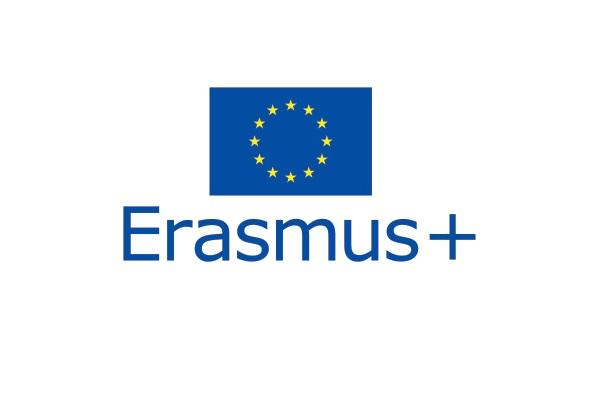Introduction of Erasmus+ programme
What is Erasmus+?
Erasmus+ is the EU's programme to support education, training, youth and sport in Europe. Its budget of €14.7 billion will provide opportunities for over 4 million Europeans to study, train, and gain experience abroad.
Set to last until 2020, Erasmus+ doesn't just have opportunities for students. Merging seven prior programmes, it has opportunities for a wide variety of individuals and organisations.
Detailed information on these opportunities, including eligibility criteria, is available in the Erasmus+ Programme Guide. An indicative funding guide for some centralised opportunities is also available.
What does it support?
Erasmus+ provides grants for activities in the fields of education, training, youth and sport. It offers opportunities for:
• individuals to spend a mobility or volunteering period abroad and to receive linguistic training,
• organisations to collaborate in project partnerships in the fields of academic and vocational training, schools, adult learning and European sport events.
Erasmus+ also supports teaching, research, networking and policy debate on EU topics.
Erasmus+ supports the Eurydice network, which describes education systems in Europe and offers comparative analysis of national systems and policies from early childhood to adult education.
Erasmus+ International dimension
Erasmus+ includes a strong international dimension: cooperation with Partner Countries notably in the field of higher education and youth, through institutional partnerships, youth cooperation and mobility worldwide.
Who can participate?
The programme supports organisations, institutions, bodies or groups. These organisations, in turn support a wide range of individuals, including: students, trainees, apprentices, pupils, adult learners, young people, volunteers, youth workers, teachers, professors, trainers, coaches, athletes, and professionals of organisations active in the relevant fields.
This is explained in the Erasmus+ Programme Guide (Part A).
Aims
The aim of Erasmus+ is to contribute to the Europe 2020 strategy for growth, jobs, social equity and inclusion, as well as the aims of ET2020, the EU's strategic framework for education and training.
Erasmus+ also aims to promote the sustainable development of its partners in the field of higher education, and contribute to achieving the objectives of the EU Youth Strategy.
Specific issues tackled by the programme include:
• Reducing unemployment, especially among young people
• Promoting adult learning, especially for new skills and skills required by the labour market.
• Encouraging young people to take part in European democracy
• Supporting innovation, cooperation and reform
• Reducing early school leaving
• Promoting cooperation and mobility with the EU's partner countries
Outcomes
The outcomes of Erasmus+ are available in reports and compendia of statistics, as well as through the Erasmus+ Projects Platform, which includes most of the initiatives funded by the programme, as well as a selection of good practices and success stories.
Reports
The mid-term evaluation report of the Erasmus+ Programme (2014-2020) is available in 23 languages and builds on national reports submitted by the Programme countries, evaluation reports by an external independent contractor, other reviewed studies e.g. the Erasmus impact study of 2014, experience in managing the programme and over a million responses from all interested parties.
Following the completion of the Erasmus+ Programme in 2020, a final evaluation of the Programme will be conducted by the Commission.
Further information is available in the evaluation reports of the Erasmus+ Programme.
Check the website of the Publications Office of the European Union for more reports and studies on the Erasmus+ Programme.

